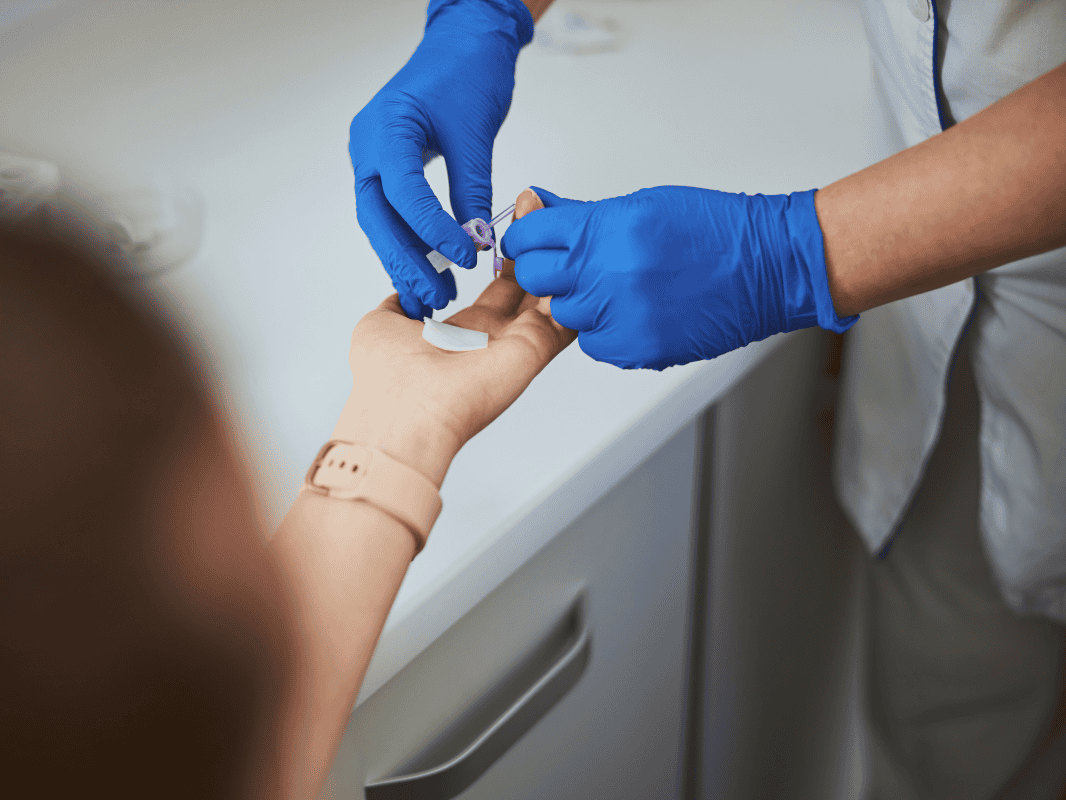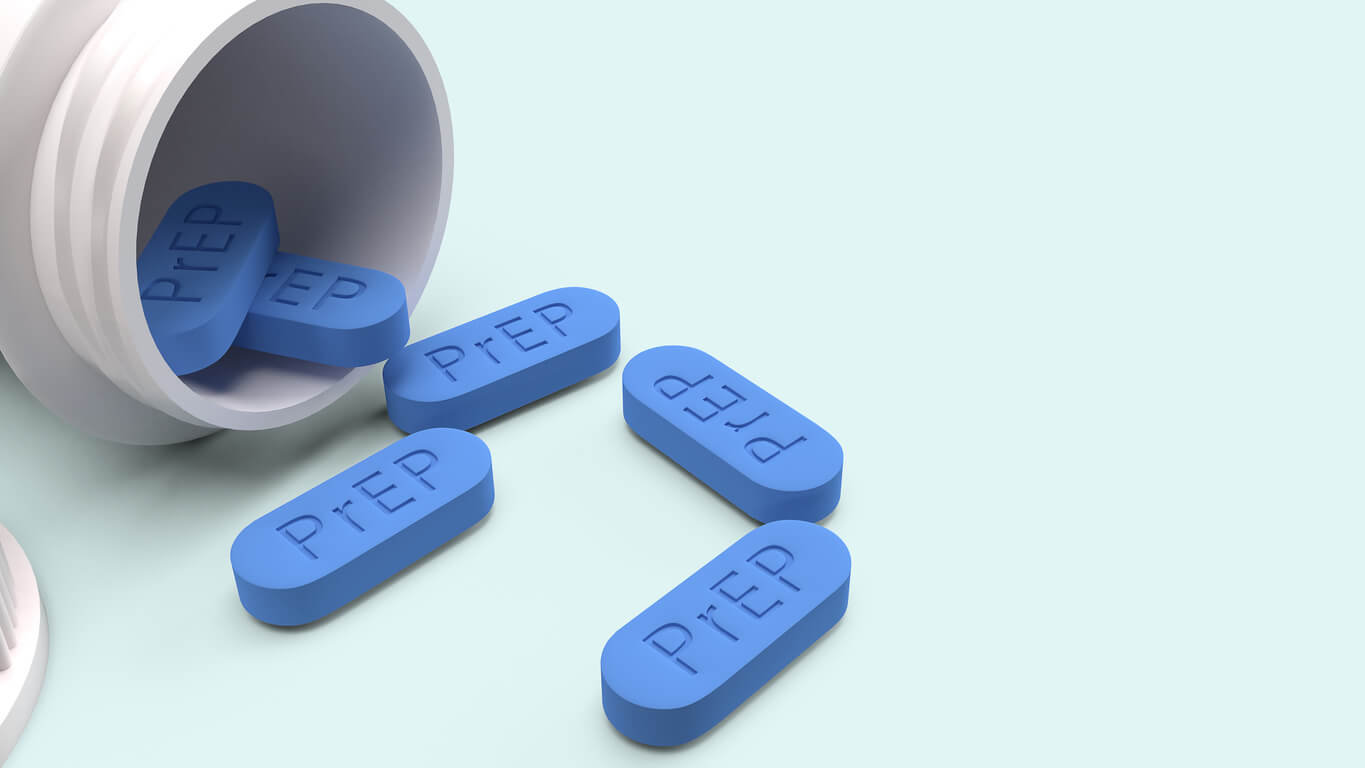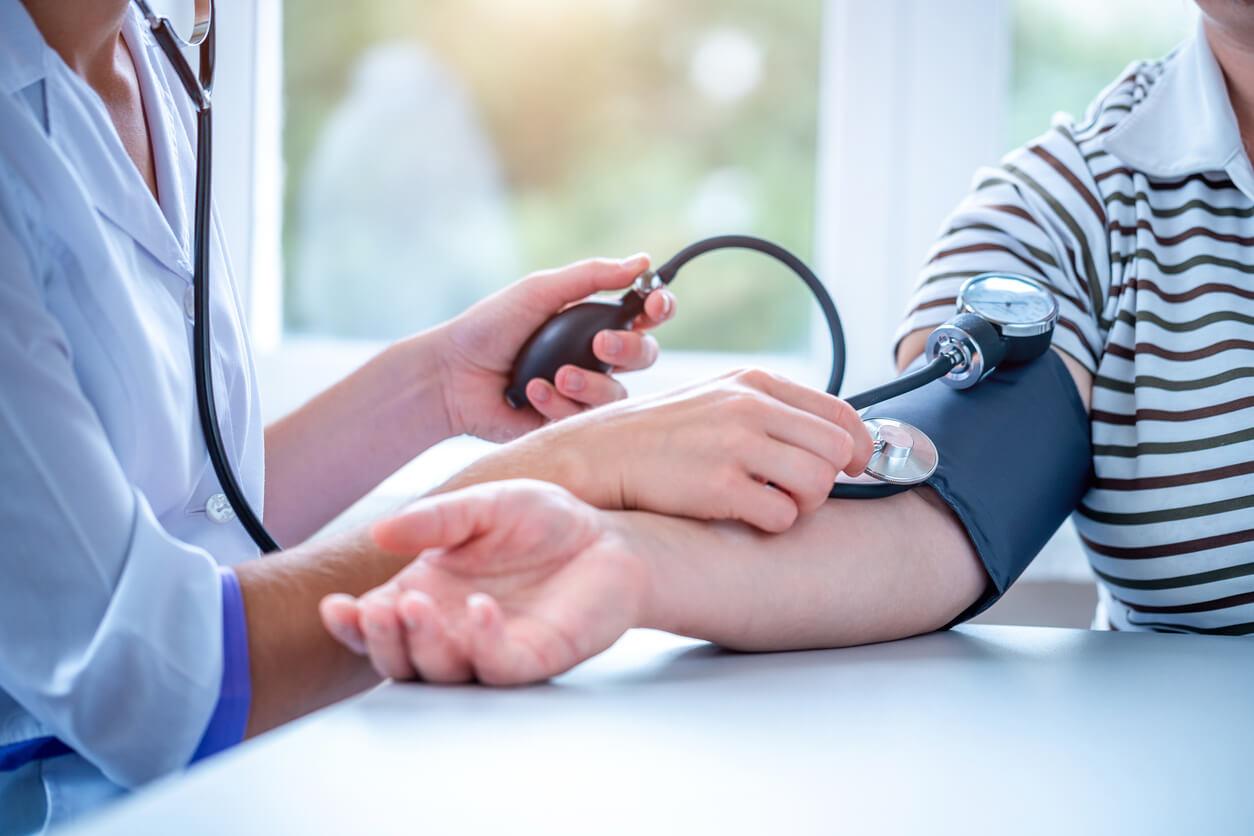Your Preventive Care Checklist
Get ahead of health costs by keeping up with preventive care.
Knowing what appointments you need - and when - can be challenging. Sesame’s Medical Director, Dr. Allison Edwards, MD, has compiled an easy checklist to see what appointments you should consider scheduling in the year ahead. This list should act as general guidelines - not as complete medical advice.
These recommendations are based on average individuals. Specific considerations should be made based on your family history and personal health history, as well as elements such as smoking, alcohol consumption, and environmental factors.
As always, please adhere to your doctor's recommendations. If you need help finding the right doctor or specialist for you, Sesame has thousands of top-reviewed providers available nationwide to help you.
Men should consider getting the following care:
| Specialty | Visit Type | Frequency |
|---|---|---|
| Primary Care | Routine check-up | Annually or as needed to coordinate other recommended care and tests |
| Primary Care | Anxiety screening | As part of primary care visit |
| Primary Care | High cholesterol screening | Annually starting at age 40 if recommended |
| Primary Care | High blood pressure screening | Annually |
| Primary Care | Lung cancer screening | Annually for adults aged 50-80 who have a history of smoking* |
| Primary Care | Prediabetes and type 2 diabetes screening | Overweight or obese adults aged 35-70, annually or as directed by your clinician |
| Primary Care | Weight loss to prevent obesity related morbidity | Overweight or obese adults, annually or as directed by your clinician |
| Primary Care | STI Screening (HIV, chlamydia, gonorrhea, syphilis) | Prior to a new partner or with high-risk behavior |
| Primary Care | Hepatitis C virus (HCV) test | Prior to a new partner or with high-risk behavior, adults aged 18-79 years old |
| Primary Care | Hepatitis B virus (HBV) test | Prior to a new partner or with high-risk behavior |
| Primary Care / Gastroenterology | Colon cancer screening (iFIT, FOBT, Cologuard, and other options) | Starting at age 45; iFIT, FOBT (annually); Cologuard (every 3 years); Colonoscopy (every 3-10 years depending on risk factors) |
| Primary Care | Abdominal Aortic Aneurysm (AAA) screening | Once for men between 65-75 who have ever smoked |
Women should consider getting the following care:
| Specialty | Visit Type | Frequency |
|---|---|---|
| Primary Care | Routine check-up | Annually or as needed to coordinate other recommended care and tests |
| Primary Care | Anxiety screening | As part of primary care visit |
| Primary Care | High cholesterol screening | Annually starting at age 40 if recommended |
| Primary Care | High blood pressure screening | Annually |
| Primary Care | Lung cancer screening | Annually for adults aged 50-80 who have a history of smoking* |
| Primary Care | Prediabetes and type 2 diabetes screening | Overweight or obese adults aged 35-70, annually or as directed by your clinician |
| Primary Care | Weight loss to prevent obesity related morbidity | Overweight or obese adults, annually or as directed by your clinician |
| Primary Care | STI Screening (HIV, chlamydia, gonorrhea, syphilis) | Prior to a new partner or with high-risk behavior |
| Primary Care | Hepatitis C virus (HCV) test | Prior to a new partner or with high-risk behavior, adults aged 18-79 years old |
| Primary Care | Hepatitis B virus (HBV) test | Prior to a new partner or with high-risk behavior |
| Primary Care / Gastroenterology | Colon cancer screening (iFIT, FOBT, Cologuard, and other options) | Starting at age 45; iFIT, FOBT (annually); Cologuard (every 3 years); Colonoscopy (every 3-10 years depending on risk factors) |
| OB/GYN or Primary Care | Cervical cancer screening | Every 3-5 years starting at 21 years of age |
| OB/GYN or Primary Care | Mammogram | Every 1-2 years starting between ages 40 and 50 |
| Rheumatology | Osteoporosis screening | At least once after the age of 65 |
A note about sex and gender: Gender and sexuality exist on a spectrum. In this article, the terms "men" and "women" are referring to sex assigned at birth.









